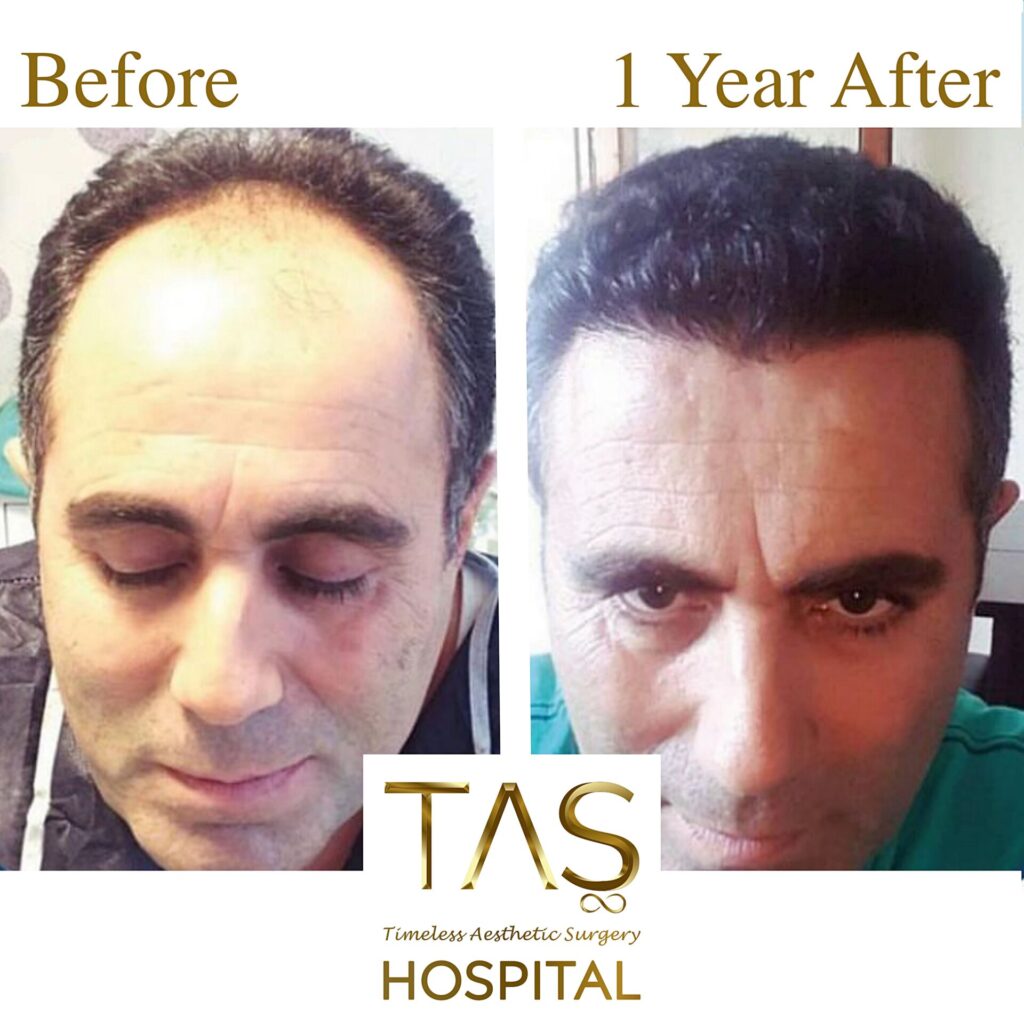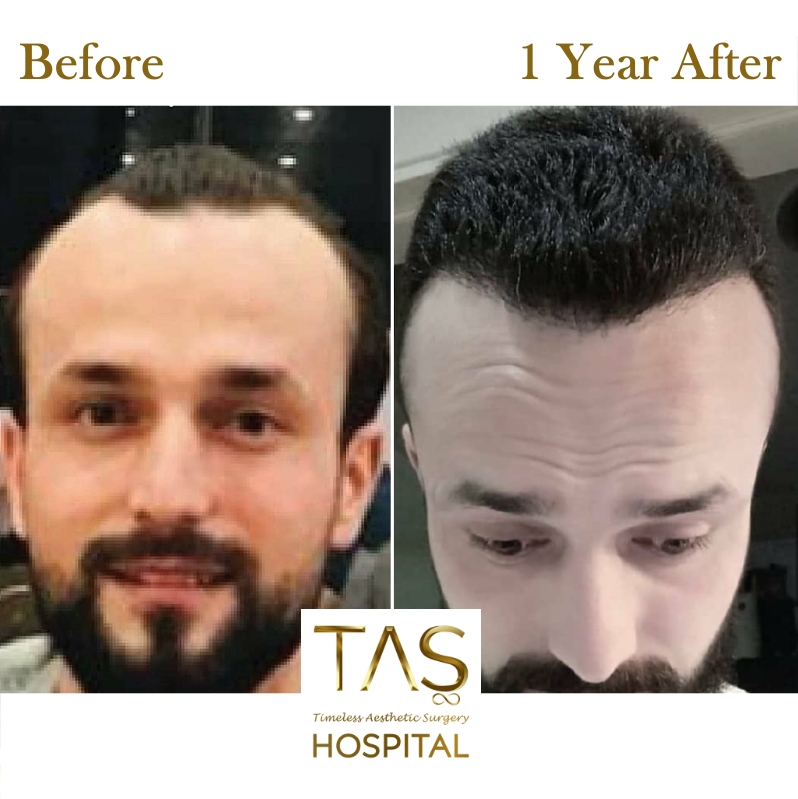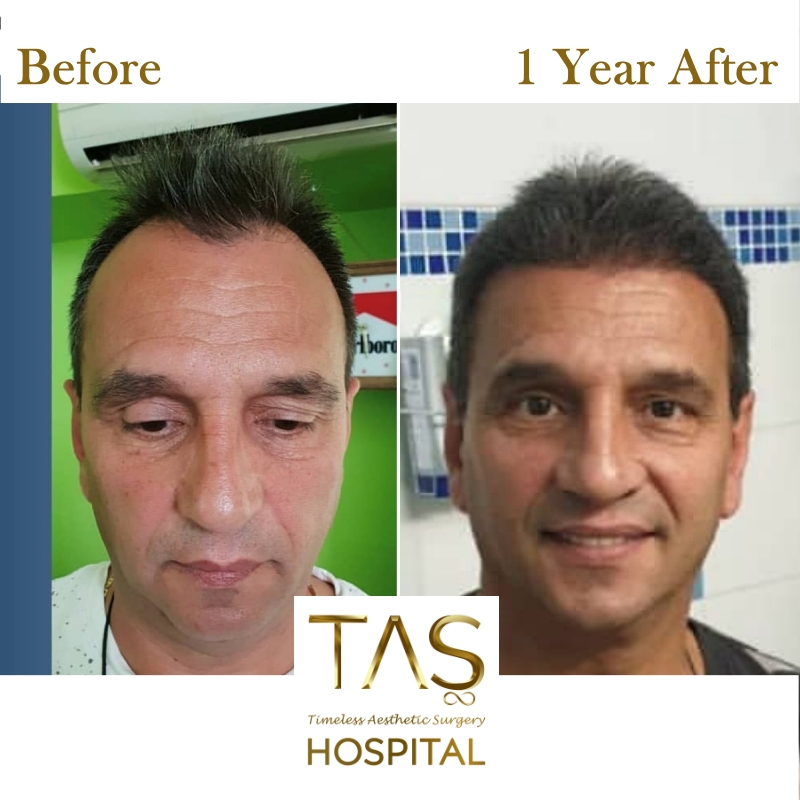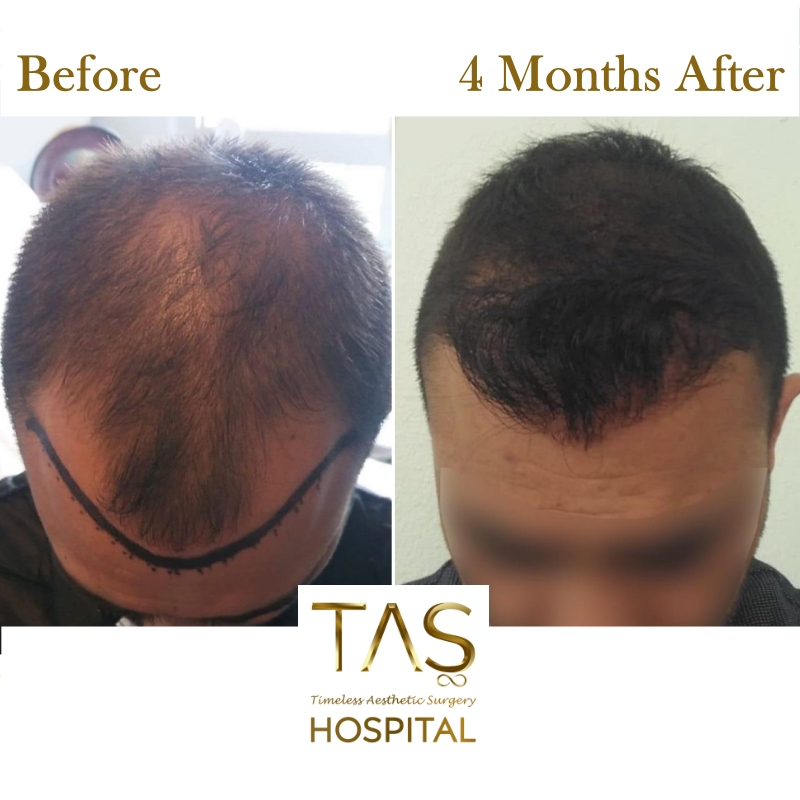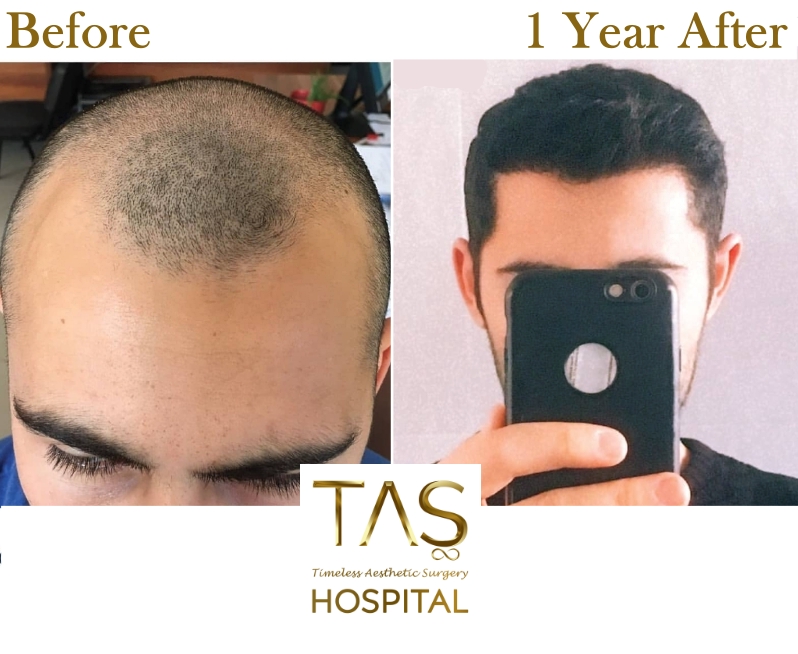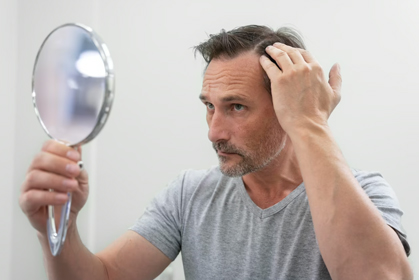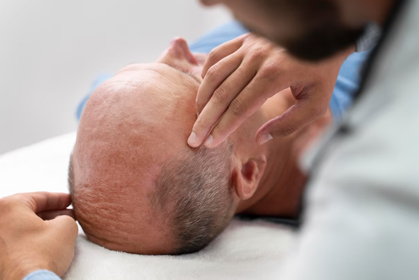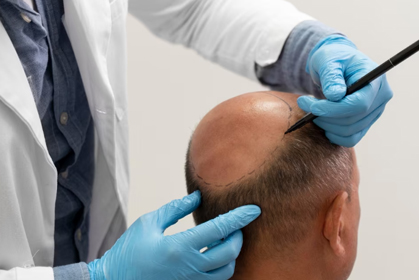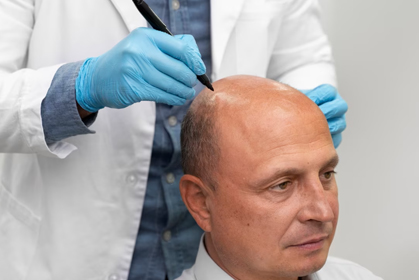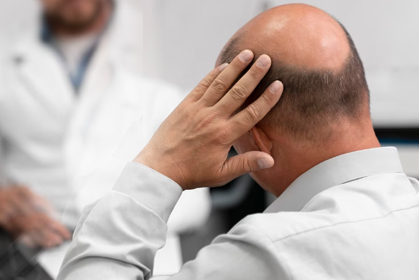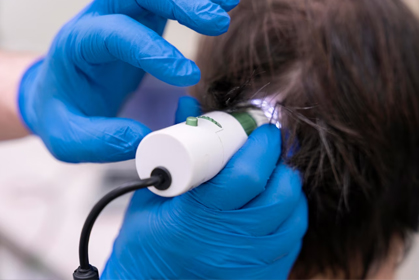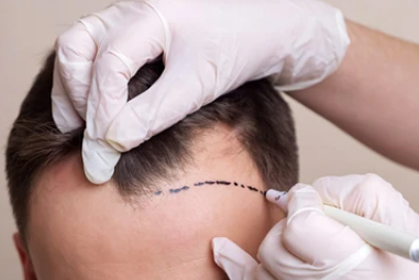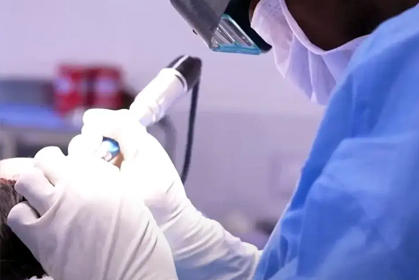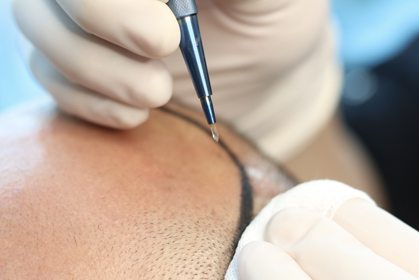




Hair Transplant Turkey
Turkey
Hair Transplant Package
- 5000 Grafts
- 5 Stars Hotel
- VIP transfers
- Expenses
- Detailed Blood
- First Care After
- 24/7 Support
- Consultation
- Guarantee
- Hair Shampoo
Hair Transplant in Turkey with Dr. TAS
"Our hair transplant price for up to 5000 grafts is $3500."
Assoc.Prof.Dr. Suleyman TAS, one of Turkey's most successful surgeons, has achieved successful results by touching the lives of tens of thousands of patients with his 15 years of hair transplantation experience. During the hair transplantation process, you will experience a flawless treatment process with the VIP patient services offered by Tas Hair Clinic.
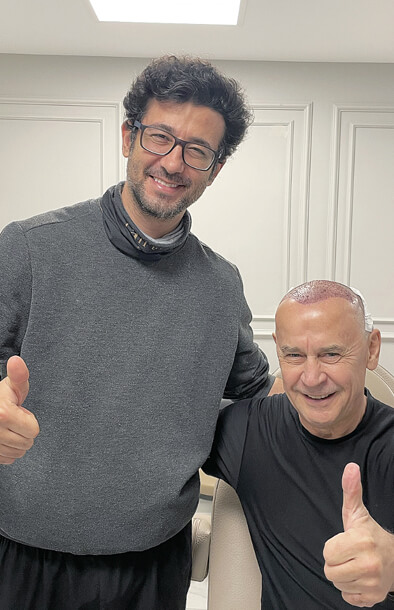
Why Is Hair Transplant Popular in Turkey?
Every year, hundreds of thousands of tourists come to Turkey for medical tourism, with more than half of them choosing hair transplant procedures, and they are mostly women and men. Therefore, Turkey is among the world's leading countries in both female and male hair transplantation. The reason for this is that Turkey offers superior service and a high-quality treatment process to patients who come for hair transplantation.
Associate Professor Dr. Süleyman TAS, who is world-renowned and Turkey's best plastic surgeon, and TAS Hair Transplant Center create miracles in male and female hair transplants with FUE and DHI methods. Thus, they provide you with the appearance that you have always dreamed of.
By choosing TAS Hair Clinic, which is accredited by the International Society of Hair Restoration Surgery and adheres to Gold standards, you can say hello to professional results in hair transplantation by working with successful hair transplantation surgeons.
- Assoc.Prof.Dr. Suleyman TAS holds the International Hair Transplantation Surgery certificate.
- He is a member of associations such as the International Society of Aesthetic Plastic Surgery, American Society of Plastic Surgeons, and World Society of Reconstructive Microsurgery, which offer new developments in hair transplantation.
- He prefers to use sapphire-tipped instruments instead of traditional steel surgical instruments to achieve painless and pain-free results after the procedure.
Are You a Good Candidate For Hair Transplants?
Hair loss is a condition that can significantly affect a person's mental well-being. Therefore, it would be more appropriate to answer the following questions to determine if you are a suitable candidate for hair loss.
- Does the sparse appearance of your hair make you feel bad?
- Does the sight of your hair loss damage your self-confidence?
- Do you like the appearance of thick and long hair?
If you answered yes to two of the three questions, we can say that you are a suitable candidate for hair transplantation. For more detailed and comprehensive analysis results in hair transplantation, you can visit the expert surgeon of Tas Hair Clinic, Assoc.Prof.Dr. Suleyman TAS, to determine if you are the right candidate for male and female hair transplantation.
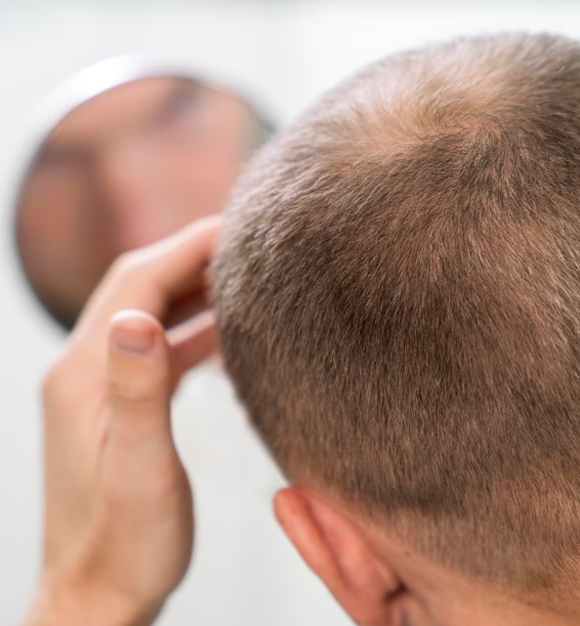
Types of Hair Transplant in Turkey
When examining hair transplant techniques, we come across the FUE hair transplant and DHI hair transplant methods. When deciding on these hair methods, the person's hair follicle density and hair type are thoroughly analyzed, and the most appropriate hair transplant plan is created for the patient before starting the transplant process.
Both in the DHI hair transplantation method and in the FUE hair transplant method, there is no scar after the hair transplant surgery, and the patient can return to their daily life within 2-3 days. Thus, the patient does not go through a psychologically challenging process after the hair transplant.
F U E



- The hair follicles taken from the donor area are being preserved through special methods.
- The hair transplantation process is shorter.
- The success rate of the FUE method is higher in areas with wider hair loss.
- Shaving is necessary for hair transplantation.
- A special hair transplantation device with a sapphire tip is being used.
- Approximately 4000-4500 grafts can be transplanted with the FUE method.
D H I



- Hair follicles taken from the donor area are directly placed in the transplantation area.
- The treatment process takes a bit longer compared to the FUE.
- The success rate of the DHI method is higher in areas with less hair loss.
- Transplantation can be performed without shaving the hair.
- Approximately 1500-2000 grafts can be transplanted with the DHI method.
- A special hair transplantation device with a micro tip is being used.
It is correct that both hair transplant methods, DHI and FUE, are performed at TAS Hair Clinic, which is one of the best hair transplant clinics in Turkey. By working with expert hair transplant surgeons at TAS Hair Clinic, you can achieve excellent results in hair transplant procedures.
"Contact our expert hair transplant surgeons and achieve the strong and full head of hair you've always dreamed of."






The Process Of A Hair Transplant In Turkey
1. At TAS Hair Clinic, one of the best hair transplant clinics in Turkey, the first step in the hair transplant process is determining the hairline. During this process, our expert hair transplant surgeons work to determine the most suitable hairline for your face. After your hairline is determined, it is presented to you for your preference. Based on your choices, preparations for the hair transplantation procedure begin.
2. Before starting the hair transplant surgery, the donor area is identified. It is expected that the hair density in the identified area is high. Then, the selected donor area is shaved to prevent the risk of infection.
3. When starting the hair transplant procedure in Turkey, both DHI hair transplant and FUE hair transplant techniques are performed under local anesthesia. Local anesthesia is applied to both the area where hair transplant will be performed and the donor area. Then, the number of grafts to be applied is determined.
4. When the hair transplant application begins, graft extraction is performed. The process of graft extraction varies depending on whether FUE hair transplant or DHI hair transplant technique is used. Therefore, the hair transplant scar that may occur during the graft extraction process also varies depending on the hair transplant technique used.
5. After the hair is extracted from the donor area, the hair follicles are stored depending on the technique used. The stored hair follicles are then transplanted onto the scalp for a certain period of time, resulting in a very natural-looking hair appearance
6. Although the hair transplant scar that may occur after hair transplant is not deep, it disappears quickly. Thus, no one will notice that you have had a hair transplant. In general, you can expect to have hair transplant results that are very close to perfection.

Discover the TAS Hair Clinic Difference in Hair Transplantation
"TAS Hair Clinic has become one of Turkey's best hair transplant centers by providing excellent service after hair transplantation and directing its patients correctly. If you want to get the most accurate results in hair transplantation quickly and safely, TAS Hair Clinic is one of the hair transplantation centers in Istanbul waiting for you!"
Best Hair Transplant in Turkey
You can understand the success of the best hair transplant center in Turkey, which achieves success in all types of hair transplant, from professional before and after photos. In addition, doctors generally make a difference in the world of hair transplantation with male and female hair transplant treatments that are suitable for the person's ethnic and biological structure. The main reason for this is the hair transplant plans that are specially prepared for the person. By analyzing the person's hair follicle in-depth with specially prepared hair transplant plans, the most accurate treatment method is prepared. When creating treatment plans, expert hair transplant surgeons are consulted, and the latest technological hair transplant methods are preferred.
TAS Hair Clinic has become one of Turkey's best hair transplant centers by directing its patients correctly after hair transplantation. If you want to get the most accurate results in hair transplantation quickly and safely, TAS Hair Clinic, one of the hair transplantation centers in Istanbul, is waiting for you!
"Contact our expert hair transplant surgeons and achieve the strong and full head of hair you've always dreamed of."
Hair Transplant in Turkey Explained
Step 1

Ask Our Experts
If you want to learn detailed information about male and female hair transplantation and find answers to all your questions, you can first contact our expert hair transplant surgeons and get information about free personalized hair transplant treatment.
Step 2

Plan Your Treatment
From the moment you decide to have a hair transplant, start planning your treatment. During this process, don't forget to get free information about your hair transplant treatment from our professional surgeons. This way, you can achieve the most accurate results.
Step 3

Create Your Travel Plan
Create your travel plan according to the treatment plan you have created with the hair transplant surgeons. During the hair transplant treatment, you can safely complete your treatment process by choosing one of the hotels Tas Hair Clinic is affiliated with.
Step 4

Your Treatment Begins
After the analysis of your hair roots and examination of your scalp, the most accurate and successful hair transplantation plan will be created specifically for you. Thus, your treatment process will begin in accordance with a personalized treatment plan.
Step 5

Aftercare Service
After your hair transplantation procedure, our post-treatment service includes the first hair wash and care process. This will help you achieve more professional results in your hair transplant procedure.
Step 6

First Results
After undergoing a hair transplant procedure using the latest technological advancements such as DHI or FUE, you will experience the first successful results in hair transplantation by paying attention to the post-operative instructions provided by our surgeons.
Hair Transplant Cost Turkey
One of the first questions that comes to mind about hair transplantation is how much does a hair transplant costs. The cost of hair transplantation procedures in Turkey is much more affordable compared to European countries. The main reason for this is the high level of competition in the hair transplantation field in Turkey. As a result, hair transplantation prices in Turkey may vary. The main reason for the variability of hair transplant prices in Turkey is due to the different prices set by different clinics.
- The main reason for the low cost of hair transplant procedures in Turkey is the significant supportive incentives offered by the Turkish Ministry of Health to hair transplant centers in Turkey.
- Due to the exchange rate difference, hair transplantation costs in Turkey are more affordable compared to other countries.
- Finally,in Turkey, there is a high production rate of healthcare equipment, which makes the materials used for hair transplant procedures more affordable. This is also a contributing factor to the lower cost of hair transplant in Turkey.
Tas Hair Transplantation Clinic provides quality services in hair transplantation with accurate diagnosis, planning, and personalized treatment methods. By meeting with Tas Hair Clinic's hair transplantation experts, you can take advantage of the advantageous pricing procedures and affordable hair transplantation packages without wasting time.
| Graft Count | Turkey | U.S.A | Europe |
|---|---|---|---|
| 5.000 | 3.500 $ | 7.000 $ | 12.500 € |
Hair Transplants Treatment in Turkey TAS Hair Clinic
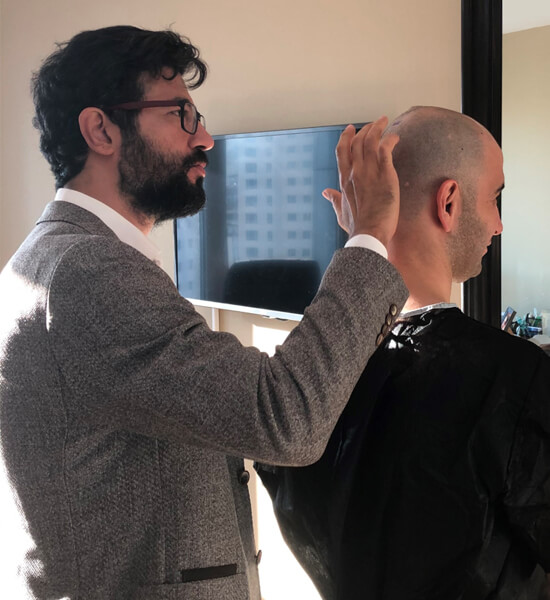
The question of "How to choose a hair transplantation clinic in Turkey?" is one of the most frequently asked questions when deciding on a hair transplant procedure. There are two basic factors to consider when choosing the best hair transplantation clinic: selecting the clinic and choosing the doctor. In this regard, thorough research should be conducted. Through research, you can choose the best hair transplant doctors and clinics.
Hair transplant clinics and doctors who specialize in hair transplantation are crowned with their experiences, which they have gained through studies and conferences in global communities. In addition, they are accredited by the International Society of Hair Restoration Surgery and have Gold standards.
TAS Hair clinic, which is the best hair transplant clinic in Turkey, is among the hair transplants centers accredited by the International Society of Hair Restoration Surgery. It performs fue and dhi hair transplant surgery techniques that are most compatible with the individual's ethnic and biological structure. The successful male and female hair transplant procedures are crowned with before and after images. Moreover, it collaborates with many expert surgeons who work in the Turkish Society of Plastic Reconstructive and Aesthetic Surgery and American Plastic Surgery Associations, including Assoc.Prof.Dr.Suleyman TAS. By choosing TAS Hair clinic, you can experience a flawless treatment process at the best place for hair transplant clinic in Istanbul.
Hair Transplant Before and After
You can review the before and after gallery of TAS Hair Transplantation Clinic to examine their effective hair transplantation results.
Hair Transplant Reviews
What Our Patients Think?
By reviewing the professional result of hair transplantation treatment, you can gain information about your treatment precess.
